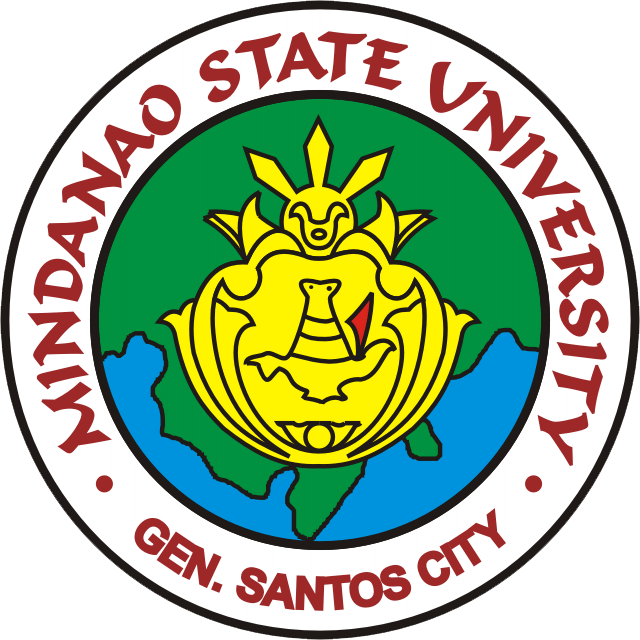The flight of Philippines' political milieu in the post-Martial law regime was heavily characterized with the rise of multiple populist leaders weaponizing the long overdue aspiration of people to be emancipated from cyclical and systemic problems, amassed through time. Interestingly, the vulnerabilities of the human environment impacted voters' preference on the predilection of leaders, especially in making electorates susceptible to populist rhetoric. These eventually contributed to the rise of dynastic regimes, perpetrated patron-client relationship exacerbating clientelistic culture, and helped institutionalize personality politics. These conditions navigated the genesis of the political culture that Philippines is extremely invested upon in status quo. Grounding from these conditions, amongst pool of politicians in the political landscape, Manny Pacquiao, a boxer-turned- politician, significantly embody majority of the leadership traits proven to toy human susceptibility by using his economic power and personal resources.
Using qualitative research design supplemented by archival research, this study utilized structured dialogue for the Key Informant Interview, and utilized books and articles from online archives and repositories, such that of Machiavelli's magnum opuses, to augment the results and analysis of this research paper. The research utilized Machiavellian leadership principles advanced by Florentine diplomat Niccolò Machiavelli, in order to fathom the dynamism of the Philippine political ecosystem. Data and information subjected to critical analysis and scrutiny were exhausted from twelve (12) selected office-bearers and Peoples Champ Movement (PCM) Party Members, and ten (10) opinion leaders and local electorates subjected to the employed Key Informant Interview.
The study revealed that Machiavellian principles, albeit generally depicted as, inter alia, brutish, cunning and deceptive in nature, also encourages republican and civic-centered leadership traits. Furthermore, understanding Senator Manny Pacquiao's political ticket, data shows that the boxer-turned-politician relied enormously on his economic power to advance majority of his political undertakings. Pacquiao has relied immensely in courting the electorates by taking advantage of their vulnerable emotion through the utilization of traditional political strategies such as banking in building a populist identity through projecting philanthropic, religious and morally upright personality, utilizing populist rhetoric, taking advantage of the clientelistic tendencies of the political ecosystem, and exhausting enormous leverage from personality politics. Undoubtedly, majority of Pacquiao's exhibited leadership traits manifest Machiavellian leadership principles, but the structure, intent, and the impact of his political strategies are strongly leaning towards Machiavelli's established and elucidated principles in The Discourses on Livy.
Author
JUSTIN IAN P. DOCTOR
Abstract
SY
2022
Program
Bachelor of Arts in Political Science
Department
Department: Political Science
College
College: Social Sciences and Humanities
